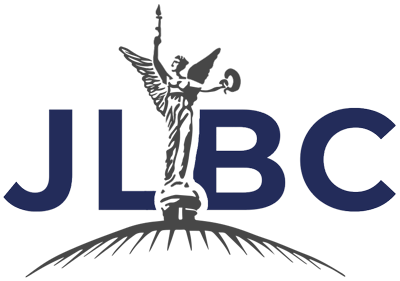Budget Process
An overview of the steps involved in passing the Arizona state budget.
The Governor and the State Legislature allocate resources based on estimated revenue collection levels through the budgeting process. The following documents summarize Arizona’s budget process.
Statutorily, the Legislature adopts a one-year budget every year. This process was approved in Laws 2018, Chapter 279. Prior to Chapter 279, for many years the budget had a bifurcated cycle. For 15 large state agencies (“annual budget units”), the Legislature was supposed to adopt a one-year budget every year. For the rest of the state agencies (“biennial budget units”), the Legislature was supposed to adopt 2-year budgets, with each year separately delineated and adopted in the first year of each 2-year biennium of the Legislature. That cycle was suspended in recent years. All agencies received separate annual budgets from FY 2010 through FY 2018.
For a historical list of changes in the biennial budgeting cycle, see this link.
Agencies are required to submit operating plans for their agency to OSPB and JLBC Staff by September 1 of each year. A.R.S. § 35-122 states that the agency operating plans shall contain a mission statement, description, and strategic issues.
These plans shall extend for the current fiscal year and the two ensuing fiscal years.
Agencies also need to develop operating plans for each program in the agency. The plans contain a mission statement, description, goals, performance measures, and budgetary data. The performance measures shall emphasize results. The budgetary data shall include funding amounts, regardless of source. This information is provided to OSPB.
OSPB is required to compile the operating plan submissions into the Master List of State Government Programs in January of every even-numbered year, no later than 5 days after the start of the Legislature’s regular session. OSPB has compiled the document annually since 2008.
Executive Branch budget units are required to develop 5-year strategic plans containing strategic issues, mission statement, description, goals, strategies, and resource assumptions. This plan is to be posted on an agency’s website and submitted to OSPB and JLBC Staff by January 1 yearly.
Agencies are required to submit their budget requests using their program list structure. This allows analysis either by line item of expenditure (e.g., Personal Services or Travel) or by program structure, which represents the most important activities of the agency.
The process consisted of 4 components:
- Selection: The Joint Legislative Budget Committee determined program areas to be subject to SPAR. By January 1 of each odd-numbered year, JLBC Staff, in consultation with OSPB, recommended a list of program areas to JLBC.
- Self-Assessment: Each agency responsible for a SPAR program was required to submit a self-assessment to the directors of JLBC and OSPB by June 1 of the odd-numbered year of review.
- Evaluation: The Directors of the JLBC and OSPB evaluated the program areas according to agreed upon factors and jointly produced a report with findings and recommendations due to the President of the Senate, the Speaker of the House of Representatives, and the Governor by January 1 of each even-numbered year.
- Legislative Review: SPAR reports and staff recommendations were reviewed by legislative committees. Reports were assigned to the Appropriations Committees in the House and Senate and could additionally be assigned to a standing committee.
Due to the review of state government as part of resolving budget shortfalls in FY 2009 – FY 2013, the JLBC did not recommend any program areas to the Committee for SPAR review in those years.
For past reviews, see below:
2009 Strategic Program Area Reviews
2007 Strategic Program Area Reviews
2005 Strategic Program Area Reviews
2001 Strategic Program Area Reviews
1999 Strategic Program Area Reviews
Below is a list of budget process legislation from previous years, along with links to the bill’s reference in ALIS as well as JLBC Staff summaries for selected bills.
- Laws 2002, Chapter 210 – JLBC Staff Summary – Bill
- Laws 1999, Chapter 148 – JLBC Staff Summary – Bill
- Laws 1997, Chapter 210 – JLBC Staff Summary – Bill
- Laws 1996, Chapter 339
- Laws 1995, Chapter 283
- Laws 1993, Chapter 252


